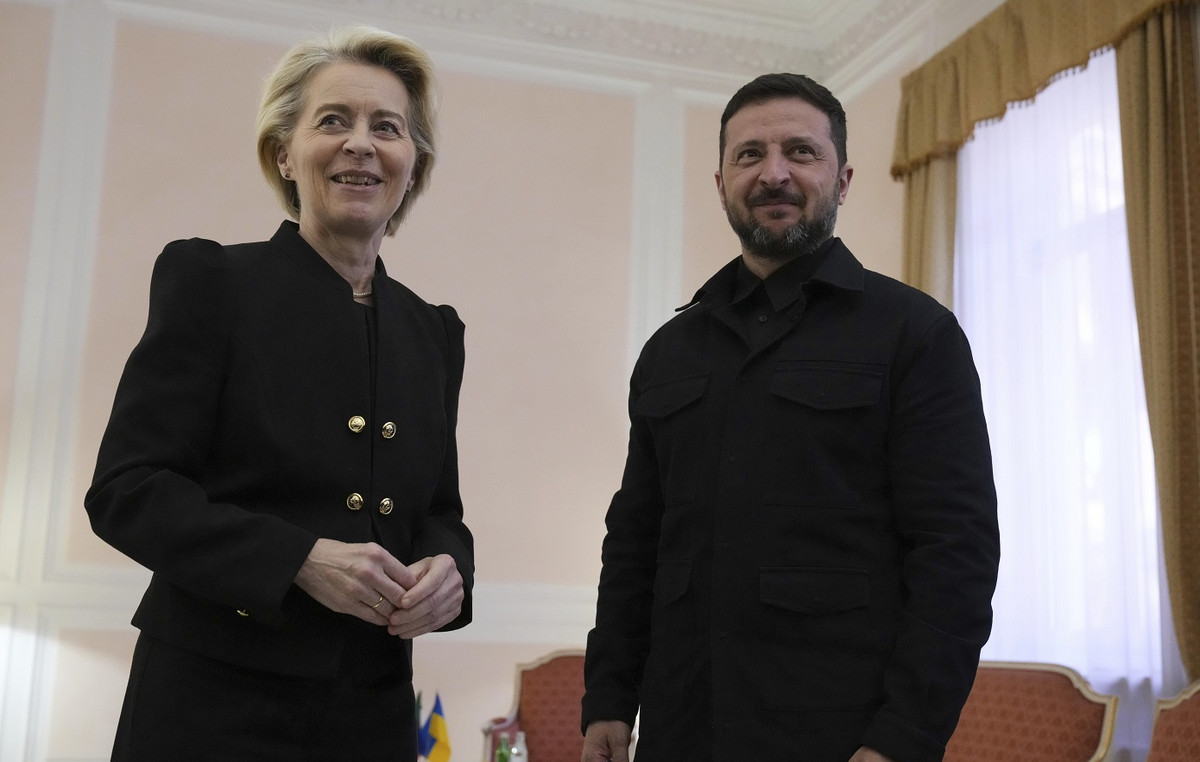Pfizer has started a clinical trial in Brazil to assess the effectiveness of a potential treatment against Covid-19. The substance used by the pharmaceutical, which is an antiviral, has shown efficacy in in vitro tests in the laboratory, and, according to Pfizer, “safety and tolerability in Phase one studies in humans”.
Now, phases two and three of the research will be carried out, with more participants. These phases will also be carried out in Brazil.
The drug uses the molecule PF-07321332, an antiviral of the protease inhibitor class – which is one of the enzymes of the SARS-CoV-2 virus. The objective of this new drug in development is to act on the coronavirus enzyme, preventing its multiplication and, thus, reducing the time of illness.
The new treatment must be started within three days of the onset of symptoms and the drug administered together with a small dose of an antiretroviral used to treat human immunodeficiency virus (HIV) infection, Ritonavir.
The physician Valdez Madruga, infectious disease, researcher at the Reference and Training Center DST/Aids-SP and one of the scientists leading the study by Pfizer, believes that, after the good initial results, the drug has everything to be approved.
“The expectations are good, the drug is promising. Initial studies have already shown this. The difficulty now (to get all the volunteers) is that a large part of the population has already been vaccinated”, the doctor told CNN.
30 days to first results
For the studies to be completed, 1,800 volunteers are needed. When this number is reached, the first results will come out after 30 days.
In Brazil, 29 research centers participate, divided between the states of Rio de Janeiro, São Paulo, Amazonas, Bahia, Ceará, Federal District, Pernambuco, Rio Grande do Norte, Mato Grosso, Minas Gerais, Rio Grande do Sul and Santa Catarina . All of them keep calling for volunteers.
The research is also carried out in other countries, such as the United States and some in Europe. Afterwards, all results will be analyzed to see if there are, for example, different responses to the drug.
The studies were previously approved by the National Health Surveillance Agency (ANVISA) and the National Research Ethics Commission (CONEP), as well as by the Ethics Committees of the selected research centers.
How will the study work?
Phase two and three clinical studies will be carried out in a randomized manner, with the double-blind method, that is, when half of the patients take the drug and the other half a placebo, but neither doctors nor participants know in advance what it was. given. Only people who are 18 years old or older are accepted.
There are three scenarios planned, the first two treatment studies and the last one on prevention. One of them will have people vaccinated or not vaccinated, suspected or diagnosed with Covid-19 and at low risk of developing serious disease; another in unvaccinated people suspected and/or diagnosed with Covid-19 and at high risk of developing severe disease; and a third, prevention, in unvaccinated people who have had household contact with people who live in the same house as someone with Covid – these people cannot have been vaccinated.
“Medicine does not replace the vaccine”, highlights researcher
The doctor Valdez Madruga makes an alert and says that, if the drug for early treatment is approved, the vaccines will remain essential in combating the disease.
“The drug does not replace the vaccine, but it is something complementary. The vaccine is used on a large scale to prevent infections. Vaccines are not 100% effective, but those who have been vaccinated usually have mild forms of the disease. The drug, if approved, will provide double protection for vaccinated people”, he points out.
According to the doctor, there are still no drugs proven to be effective in the treatment of Covid-19. Therefore, he rejects the idea of using substances such as chloroquine and ivermectin, despite recognizing people’s eagerness for doctors to prescribe drugs against the virus’s symptoms.
“Every patient who goes to the doctor usually requires medicine. Therefore, there are such abuses as the use of chloroquine and ivermectin, for example. But studies have already proven that they don’t work. The steroid itself only works when used at a stage when the patient is already in need of oxygen replacement”, he explains.
Reference: CNN Brasil







